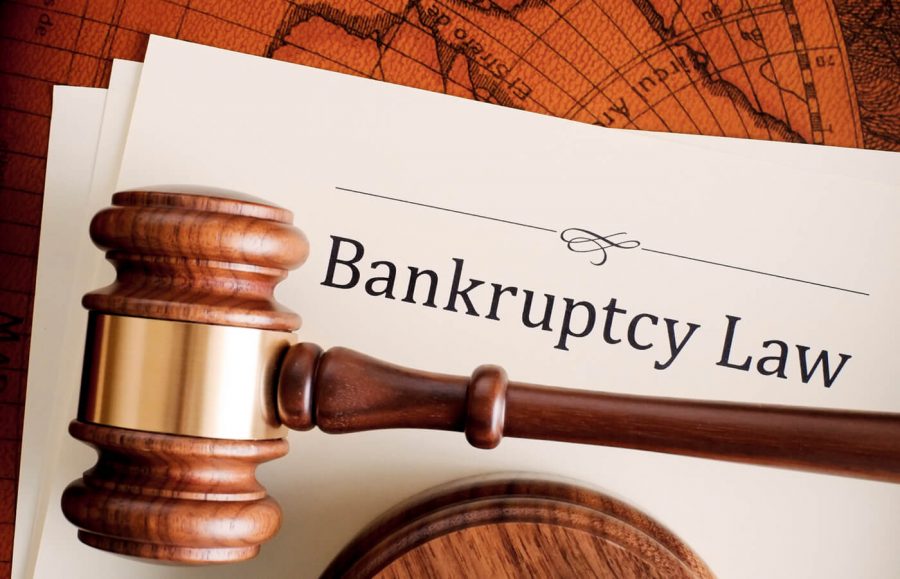Chapter 7 Bankruptcy: A Fresh Start for Individuals
Chapter 7 bankruptcy is a type of bankruptcy that allows individuals to discharge most of their unsecured debts. This means that the debts will be forgiven and the debtor will no longer be legally obligated to repay them.
Table of Contents
Who is Eligible for Chapter 7 Bankruptcy?
To be eligible for Chapter 7 bankruptcy, you ordinarylaw.com/ must pass a means test. The means test compares your income to the median income in your state. If your income is below the median, you are likely to be eligible for Chapter 7 bankruptcy.
What Debts Can Be Discharged in Chapter 7 Bankruptcy?
Most unsecured debts can be discharged in Chapter 7 bankruptcy. This includes credit card debt, medical debt, and personal loans. However, there are some debts that cannot be discharged in Chapter 7 bankruptcy, such as student loans, child support, and alimony.
How to File for Chapter 7 Bankruptcy
To file for Chapter 7 bankruptcy, you must complete and file a petition with the bankruptcy court. The petition will include information about your income, expenses, and debts. You will also need to file a schedule of your assets and a statement of financial affairs.
What Happens After You File for Chapter 7 Bankruptcy?
Once you file for Chapter 7 bankruptcy, the court will appoint a bankruptcy trustee. The trustee will review your financial information and sell any nonexempt assets to pay your creditors. After your assets have been sold, the remaining debts will be discharged.
Benefits of Chapter 7 Bankruptcy
Chapter 7 bankruptcy can provide a number of benefits to individuals, including:
- Debt relief: Chapter 7 bankruptcy can allow individuals to discharge most of their unsecured debts. This can provide a fresh start and allow individuals to rebuild their credit over time.
- Stop creditor harassment: As soon as you file for Chapter 7 bankruptcy, an automatic stay goes into effect. This means that creditors cannot contact you or take any collection actions against you.
- Keep essential assets: Chapter 7 bankruptcy laws allow individuals to keep certain exempt assets, such as their home, car, and clothing. This means that individuals can file for bankruptcy without losing all of their possessions.
Drawbacks of Chapter 7 Bankruptcy
Chapter 7 bankruptcy also has some drawbacks, including:
- Impact on credit score: Chapter 7 bankruptcy can have a significant negative impact on your credit score. It can take several years to rebuild your credit after filing for Chapter 7 bankruptcy.
- Loss of assets: The bankruptcy trustee may sell some of your nonexempt assets to pay your creditors.
- Filing fee: There is a filing fee associated with Chapter 7 bankruptcy.
Conclusion
Chapter 7 bankruptcy can be a valuable tool for individuals who are struggling with debt. However, it is important to weigh the benefits and drawbacks of Chapter 7 bankruptcy before making a decision. If you are considering filing for Chapter 7 bankruptcy, it is important to speak with an experienced bankruptcy attorney to discuss your options

